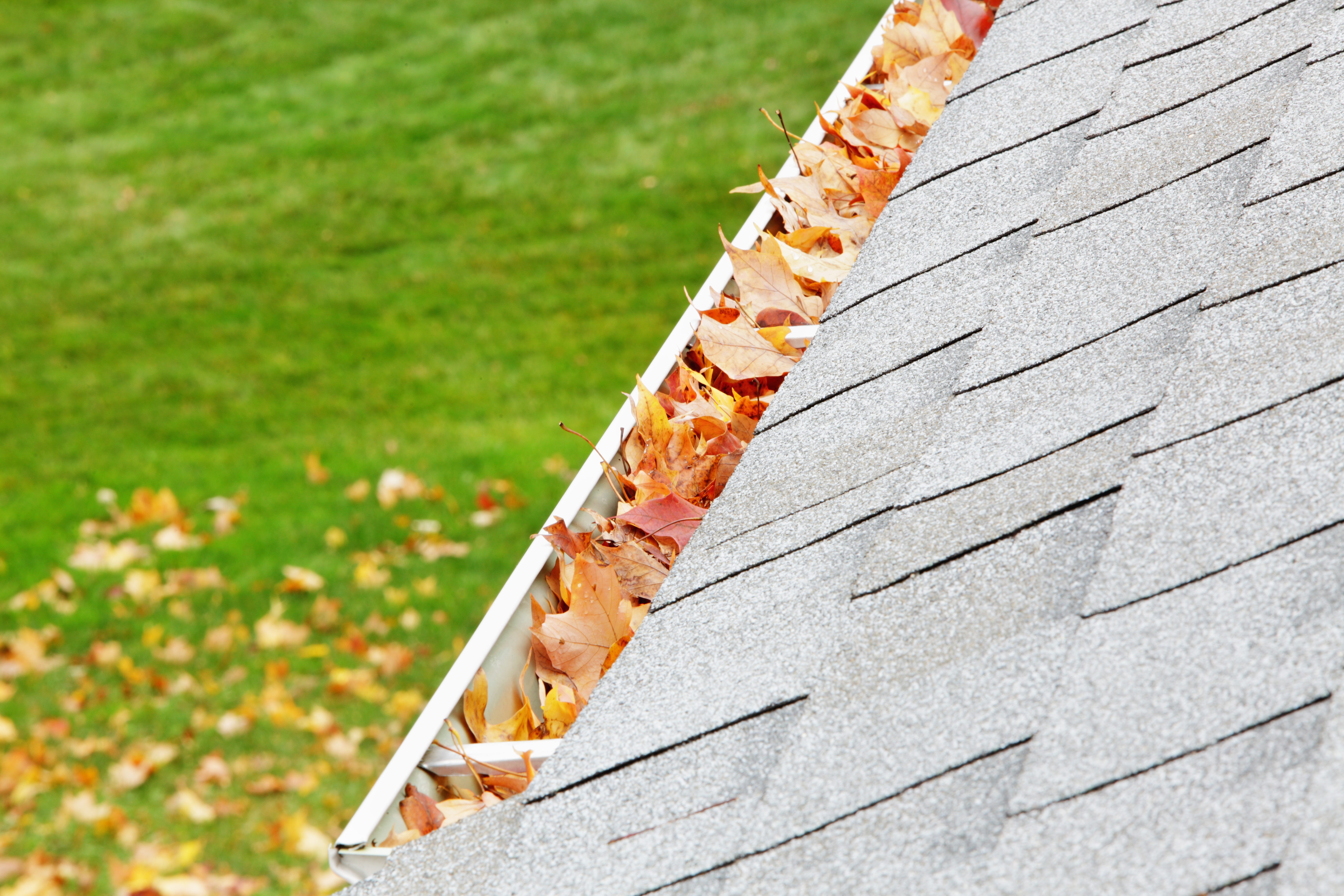
Apartment cleaning costs vary considerably depending on the cleaning frequency, the apartment's size, and its inhabitants' cleanliness.
A clean comforter feels as good as sleeping on a cloud


A good quality down comforter can last you for years if you care for it properly. And you don't necessarily have to take it to a dry cleaner—comforters can be washed and dried at home or via a laundromat. Here are eight easy steps to clean your down comforter with ease.
Before washing your down comforter, give it a visual once-over to locate any stains or tears. If the comforter has tears, use your needle and thread to sew them up so you don't lose any feathers during the washing process.
For stains, shake the feathers away from the fabric and just wet down the material. Spray the area with a spray bottle filled with water, then give it a once-over with the stain spray. Then, take your white rag and pat the area to soak up any excess spray. Leave the stain remover to set for 10 to 20 minutes. If the stain is stubborn, use a toothbrush or stain brush to scrub the soiled area. You may need to repeat this process for set-in stains.
If you don't want to use a chemical stain spray, you can use a baking soda paste instead. Put some baking soda in a small bowl, then add water until it forms a paste. Spread the mixture on the stain using your brush, and allow it to sit for 10 to 20 minutes.
In either an extra-large load washing machine at home or a front-load washer at the laundromat, take care when you put your comforter into the machine. Don't fold or stuff it in and spread it out as much as possible. Then, take your tennis balls, put them in clean socks, and load them into the washer. The tennis balls will knock loose any dirt or oils stuck in the feathers.
Use a laundry detergent designed for delicates or one that's specifically formulated for down comforters. It's a good rule to use about half as much as you would for a regular load of clothing because soap can stiffen down feathers. Run the washer with warm water and a cold rinse, and select an extra rinse cycle if there's the option to get all the soap out. If your wash cycle completes and the comforter still feels stiff and soapy, run it through the rinse cycle again.
Once you're sure the comforter is entirely soap-free, gently remove it from the washing machine, taking care not to snag it on anything. Wet down has a unique odor, so it's normal if it smells slightly.
Load the comforter into an extra-large capacity dryer, either at home or at the laundromat. Don't put your comforter in a dryer that's too small. That's a fast way to destroy your dryer and your comforter. Take the same care you did in the washer to spread the comforter out, and move your tennis ball-filled socks right into the dryer with your comforter. And if you're using dryer sheets, place them on top. Run the dryer on a low heat setting.

Every half hour or so, stop the dryer and reposition your comforter. Bulky items can quickly get burned in the dryer, so this will ensure it doesn't get scorched and prevent starting a dryer fire. Shaking it out also helps the comforter dry evenly. Keep repeating this process until the comforter feels fluffy and completely dry. Drying should take around three to four hours, and stopping the drying process before it's finished can cause your comforter to grow mildew and smell.
If you only have time to get your comforter mostly dry in the dryer, hang it on a clothesline in your backyard in a warm, dry spot to get it completely dry. Hanging your white duvet in the sunshine can also help brighten the white and lighten stains. Don't take your comforter down until you're sure it's completely dry.

A duvet cover is an excellent investment because it’ll protect your comforter. You can clean it in a regular washing machine, and it's a good way to help get rid of pet hair around your home if you have pets. You should wash your down comforter once a year, but you can launder a duvet cover weekly without too much fuss.
Dry cleaning your down comforter is another option if a trip to the laundromat isn't possible and you don't have extra-large capacity machines in your home. Laundromats usually charge around $30 to $50 for cleaning, depending on the size of the comforter.
From average costs to expert advice, get all the answers you need to get your job done.

Apartment cleaning costs vary considerably depending on the cleaning frequency, the apartment's size, and its inhabitants' cleanliness.

Mattress cleaning cost depends on the number of mattresses being cleaned and the size of each. Use this guide to better understand mattress cleaning prices.

Curious how much it costs to hire a housekeeper? Discover 2025 prices, key cost factors, and tips to save on professional housekeeping for your home.

Protect your home from water damage with these practical gutter cleaning tips that work. Real solutions for a cleaner, safer home.

Remodeling projects create a lot of dirt and debris that can end up all over your home. Even the smallest remodels can leave a big mess in their wake, so follow these nine tips to keep your home as clean as possible during a remodel.

Steam mopping your floors is a quick and easy way to transform a dirty room. This helpful guide will teach you how to use a steam mop properly.